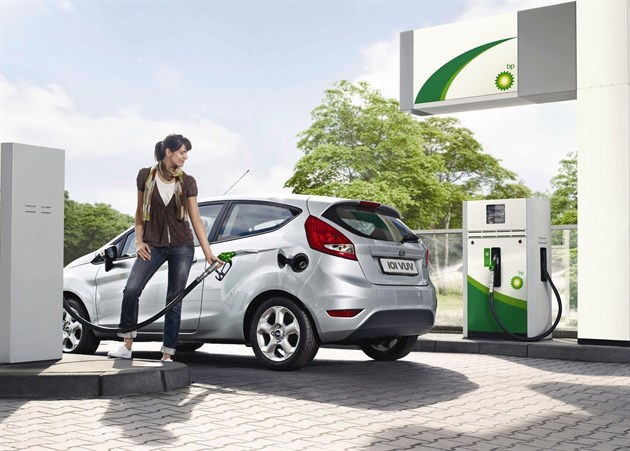
Historically one of the ‘perks’ that comes with having a company car has been fully expensed fuel by the employer for both business and private mileage.
But like the provision of a company car for private use, ‘free’ fuel is subject to benefit in kind tax.
Gradually, employers have withdrawn free fuel as a perk although there are some who still offer it, and some drivers who see is as an essential part of their remuneration package.
The tax payable on free fuel is based on a ‘multiplier’ cash sum applied to the rate of income tax you pay, and the BIK tax band of your car, based on its CO2 emissions.
Since April 2011 the so-called Fuel Benefit Charge is based on a ‘multiplier’ of £18,800.
It means a higher rate income tax payer (40%) driving a car in the 25% BIK tax bracket would face a Fuel Benefit Charge of £1,880 per year (25% of £18,800 x 40%).
Likewise, a basic rate income tax payer (20%) driving a car in the 30% BIK tax bracket would incur a fuel benefit charge of £1,128 per year (30% of £18,800 x 20%)
Given that any business mileage is reclaimed, company car drivers should work out that the tax they would end up paying is not greater than the value of the private mileage fuel itself.
You can find that the amount of tax incurred annually would pay for a great deal of free fuel, so many drivers would be better off without it.
As well as paying for the fuel itself, employers are also liable for National Insurance Contributions towards the benefit of free fuel for every employee that claims it, so it isn’t difficult to see why the trend is towards removing the perk.
Back to the Company Car section






.jpg)





